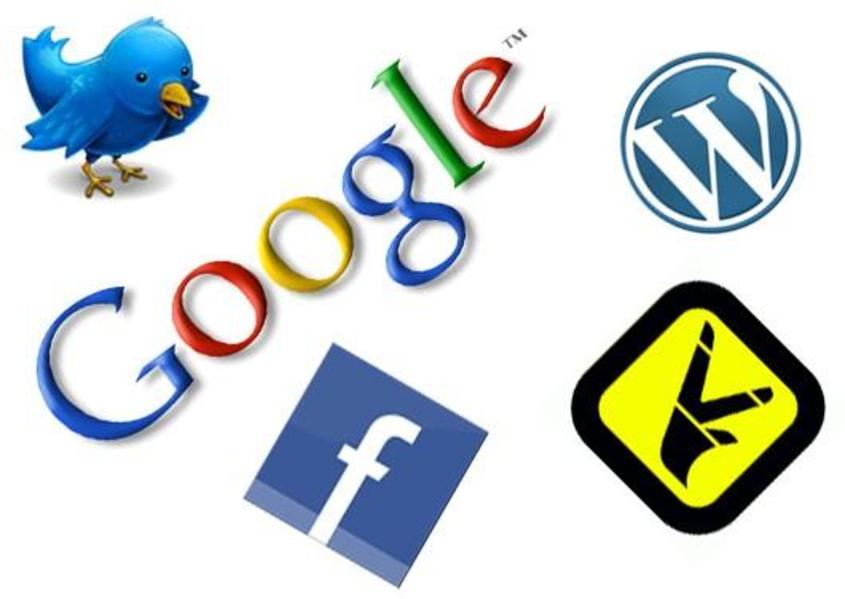A Dummy's Guide to Go-Live close

Let's get back to basics. Sometimes we get so carried away with the projects we are working on or the Next Big Thing that we forget that not all of our clients are web experts. Some are new to the web and need to try to make sense of the whole thing - once we have delivered a project there is a sense of 'well now what?!' They have their website but how do they drive people there? In the digital age of search engines, social networks and blogs, how do you get your business noticed and more importantly, how do you drive relevant traffic there? We’re going to cut through the digital jungle and give the rookies out there 5 crucial things that you should focus on when launching your website:
Search Engines:
Everyone with a website needs to have search engine presence at the top of their list of priorities when developing their strategy for driving traffic. Not just because 82% of the internet population use them for finding products and services, but also because it really is the one medium where global, blue chip companies and small, local businesses can compete on a level playing field as search engines prioritise the relevancy of a website to the search query over budget.
There are 2 sides to search engines: Natural Listings and Sponsored Listings. The Natural Listings are on the left, Sponsored are on the right (and sometimes the top 2-3). Only 30% of people using search engines actually click on the Sponsored Listings so getting into the Natural Listings should be your priority.
To do this you need to understand that, in order to rank you in the search listings, search engine ‘spiders’ crawl your website looking to understand what your site does and which search queries you are relevant for. Therefore think about what you want the spiders to see when they get there, what keywords should they see in your copy? Is the structure of your site clear and methodical? Is anything obstructing the spiders? There are various ways that you can increase your presence in the natural listings, and if you think about it early on it won’t cost you a penny.
Sponsored listings (also called Pay Per Click) are the revolutionary way that search engines have developed to monetise their businesses, in a nutshell you pay every time someone clicks on your listing, how much you pay varies depending on multiple factors.
There are many benefits to PPC listings over natural, they are instantaneous (unlike natural which can take months before you see results), you can control the ad copy and change it as often as you like. You can control your budget down to the penny and track every one of those pennies back to actions on your website. Every business should try PPC safe in the knowledge that you can see the results almost in real time and pause the activity whenever you like.
Directories & Local search
If you’re a business that services a particular area you need to get into the local directories, such as Yell.com. This is where the majority of people will find you now that the Yellow Pages is a thing of the past. You can also set up your sponsored search account so that you only target specific areas, this saves money and wasted time following up irrelevant leads.
Blogs
There is no point in starting a blog unless you intend to do 2 things. 1. Update it regularly, 2. Say something useful and interesting. If you manage these two things then a blog can be a great way of giving your audience a reason to keep coming back to your site. You can choose from many of the blog publishers available, such as WordPress. For something a little more impressive, consider having your own bespoke blog built to your specific needs, like Vikki Chowney did.
Social Networks
Unlike your blog, this isn’t about what you have to say. It’s about listening to what your existing and potential customers are saying and using this information to improve their customer experience and therefore your business. The trick is to know your audience and where they spend their time. A quick search of any social networking sites will give you an idea of whether or not people are talking about your brand, if not see what people are saying about your industry and join in the conversation. You should also see what your competitors are doing in this space and what they’re saying, this is one area where you always need to be ahead of the game.
Display & content advertising
And I don’t mean flashing banners on hotmail telling people they’re the lucky one millionth customer. Display advertising has come a long way from being just an annoying distraction. Now you can be much more clever about the ways that you target people, delivering the right message to the right person at the right time. The aim here is to create interest, rather than distracting people into submission. There are various networks out there that can help you set up a campaign.
Google even helps you to design and distribute your ad creative.
The web can seem like a maze at first and trying to develop a marketing plan feels like an impossible task. The key is to experiment and learn as you go, understanding what doesn’t work is an important part of the journey to a long term and prosperous digital strategy.